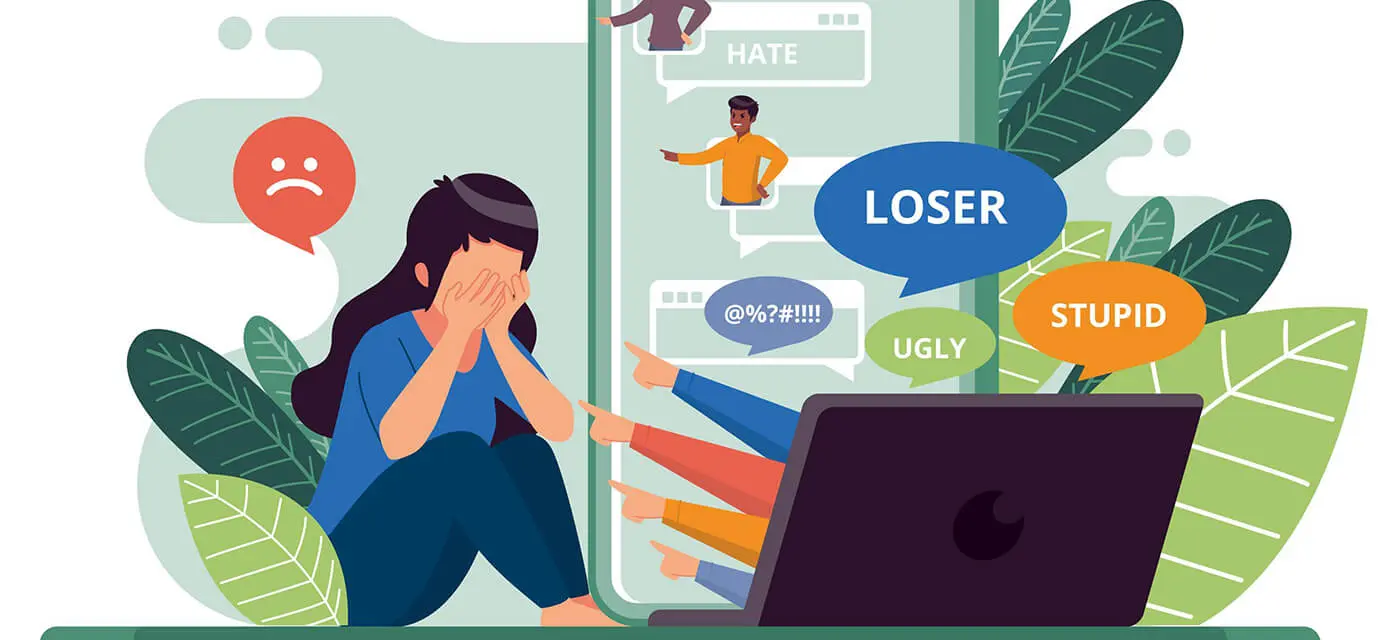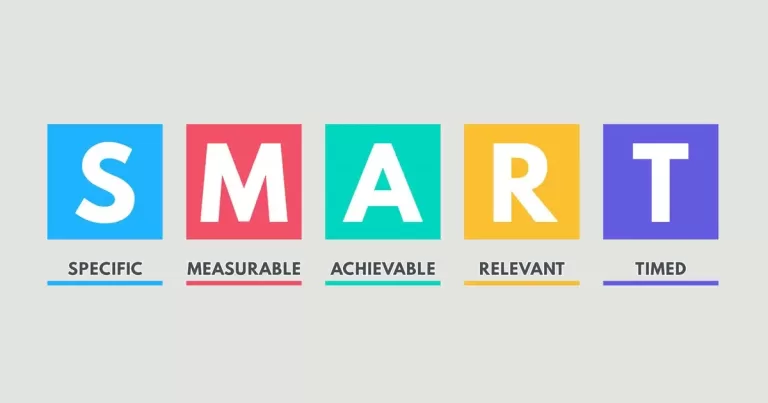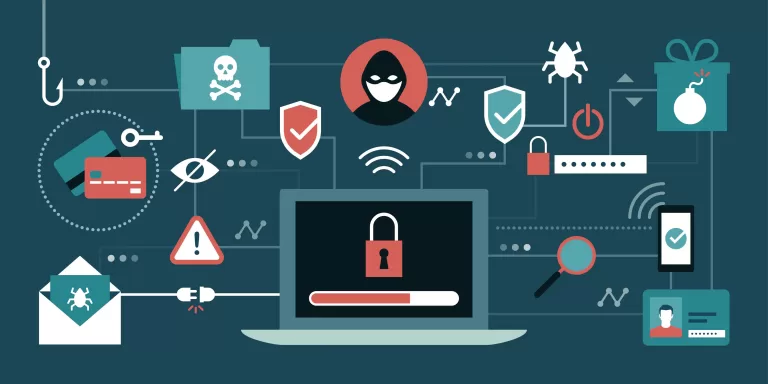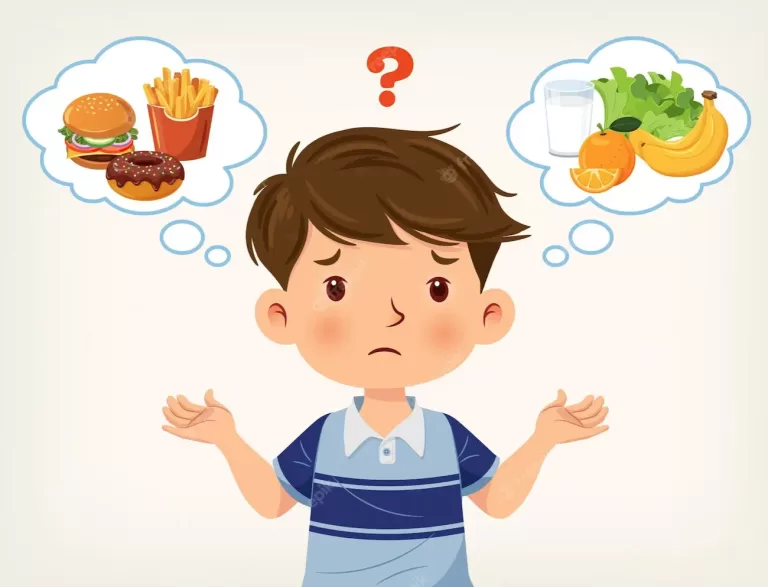
Signs of Online Bullying
This page may contain affiliate links. If you choose to purchase after clicking a link, I may receive a commission at no extra cost to you.
What is Online Bullying?
Online bullying is any type of bullying that happens on the internet. It can happen across any device that’s connected to the web, like computers, tablets and mobile phones. And it can happen anywhere online, including social media, text messages, emails, online chats, online gaming and live-streaming sites¹.
Some signs of online bullying are:
- spending a lot more or a lot less time than usual online, texting, gaming or using social media
- being distant, upset or angry after using the internet or texting
- being secretive about who they’re talking to and what they’re doing online or on their mobile phone
- having lots of new phone numbers, texts or email addresses on their mobile phone, laptop or tablet
- having belongings getting ‘lost’ or damaged
- having physical injuries, such as unexplained bruises
- being afraid to go to school, being mysteriously ‘ill’ each morning, or skipping school
- not doing as well at school
- asking for, or stealing, money (to give to whoever’s bullying them)
- being nervous, losing confidence, or becoming distressed and withdrawn
- having problems with eating or sleeping
- bullying others
Online bullying can have long-lasting effects on children and young people. It can affect their mental health, their self-esteem, their friendships and their academic performance.
If you or someone you know is experiencing online bullying, you can get help and support from various sources. For example:
- You can contact the NSPCC Helpline by calling 0808 800 5000 or emailing help@NSPCC.org.uk¹². NSPCC Website
- You can visit the Cyberbullying Research Center website for more information and resources on cyberbullying⁴.
- You can check out the Understood website for tips on how to talk to your child about online bullying and how to protect them from it⁵.
Sources:
(1) Online abuse – NSPCC.
(2) Helping Children Deal with Bullying & Cyberbullying – NSPCC.
(3) Signs of Online Bullying – KNR – Kisling, Nestico & Redick.
(4) Cyberbullying Warning Signs – Cyberbullying Research Center.
(5) Online Bullying: Signs of Cyberbullying – Understood.
Common types of Online bullying
Some common types of online bullying are as follows:
- Exclusion: This is when someone deliberately leaves you out of online activities, conversations or groups.
- Harassment: This is when someone repeatedly sends you abusive or threatening messages, images or videos online.
- Outing: This is when someone reveals your sensitive, private or embarrassing information online without your consent.
- Cyberstalking: This is when someone follows you online, monitors your activities and makes real threats to your physical wellbeing and safety.
- Fraping: This is when someone logs into your social media account and impersonates you by posting inappropriate content in your name.
- Flaming: This is when someone starts or joins an online argument and uses extreme or offensive language to provoke or insult others.
- Trolling: This is when someone posts deliberately controversial or provocative comments online to get a reaction from others or disrupt a discussion.
- Catfishing: This is when someone creates a fake online profile and pretends to be someone else to trick you into a relationship or scam you out of money or personal information.
- Roasting: This is when someone invites others to post mean or insulting comments about you on social media, often under the guise of humour or criticism.
- Shaming: This is when someone posts or shares something online that humiliates, mocks or ridicules you, such as an embarrassing photo, video or story.
Ways to combat Online bullying
There are some ways to prevent online bullying, both for yourself and for others. Here are some tips:
- Never open unidentified messages or messages from people you don’t know or trust.
- Log out of online accounts when you finish using them and don’t share your passwords with anyone.
- Think before you post or send anything to anyone. Don’t say or do anything online that you wouldn’t do in real life.
- Raise awareness about online bullying and its effects. Speak up if you see someone being bullied online and encourage others to do the same.
- Report all forms of bullying on social media and online gaming platforms. You can also block or unfriend people who are bullying you or others.
- Don’t bully yourself online or anywhere. Be kind and respectful to yourself and others.
- Talk to someone you trust about online bullying, such as a friend, parent, teacher or counsellor. You can also contact the NSPCC Helpline by calling 0808 800 5000 or emailing help@NSPCC.org.uk⁴.
- Help yourself relax and take a time out from the internet. Do something you enjoy, such as listening to music, reading a book, playing a sport or spending time with friends.
Sources:
(1) Cyberbullying: What is it and how to stop it – UNICEF.
(2) How to deal with cyber-bullying – BBC Bitesize.
(3) What You Can Do to STOP Online Bullying – You Matter.
(4) Helping Children Deal with Bullying & Cyberbullying – NSPCC.
Suicide risks due to Online bullying
Suicide risks due to online bullying are very high. Online bullying can cause severe emotional distress and affect the mental health of the victims. Online bullying can also make the victims feel isolated, hopeless, worthless and ashamed. Online bullying can lead to suicidal thoughts, self-harm and suicide attempts¹²³.
According to a study of more than 96,000 children and adolescents, nearly 9% were victims of cyberbullying. The risk for suicidal thoughts was 12 times greater in those who were cyberbullied than in those who were not. The risk for self-harming behaviors and suicide attempts was also significantly increased³.
Suicide is the second leading cause of death for adolescents and young adults in the United States¹. Online bullying can be a contributing factor to this tragic outcome. Therefore, it is important to prevent online bullying and to support those who are affected by it.
If you or someone you know is experiencing online bullying, you can get help and support from various sources. For example:
- You can contact the NSPCC Helpline by calling 0808 800 5000 or emailing help@NSPCC.org.uk².
- You can visit the Cyberbullying Research Center website for more information and resources on cyberbullying.
- You can check out the Understood website for tips on how to talk to your child about online bullying and how to protect them from it.
- You can call your national helpline or speak to an adult you trust or seek professional support from trained and experienced carers².
- You can report all forms of bullying on social media and online gaming platforms. You can also block or unfriend people who are bullying you or others².
- You can seek help if you have suicidal thoughts or feelings. You are not alone and there is hope. You can call the National Suicide Prevention Lifeline at 1-800-273-TALK (8255) or chat online at suicidepreventionlifeline.org.
Sources:
(1) Cyberbullying linked with suicidal thoughts – nih.gov.
(2) Cyberbullying: What is it and how to stop it – UNICEF.
(3) Online Bullying Tied to an Increased Risk for Suicide – Medscape.








Leave a Comment